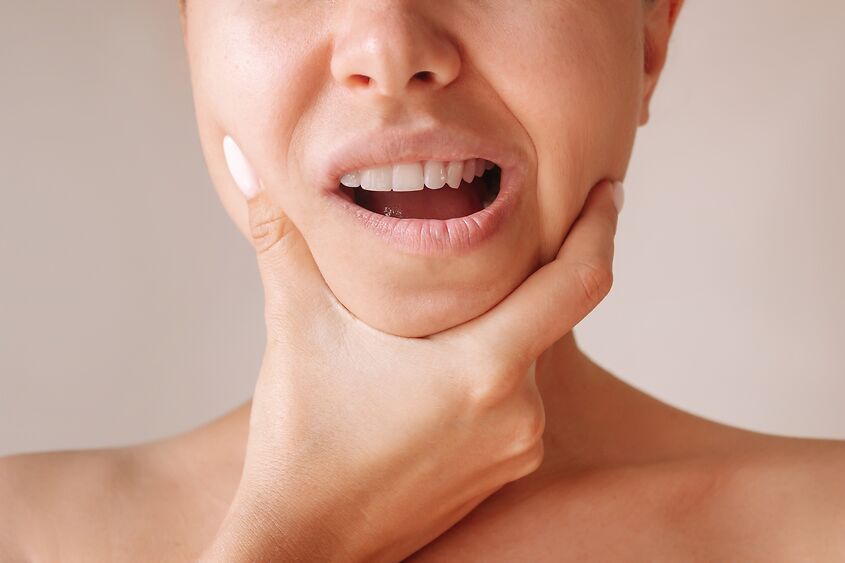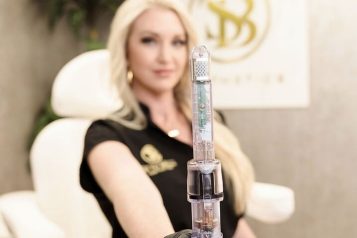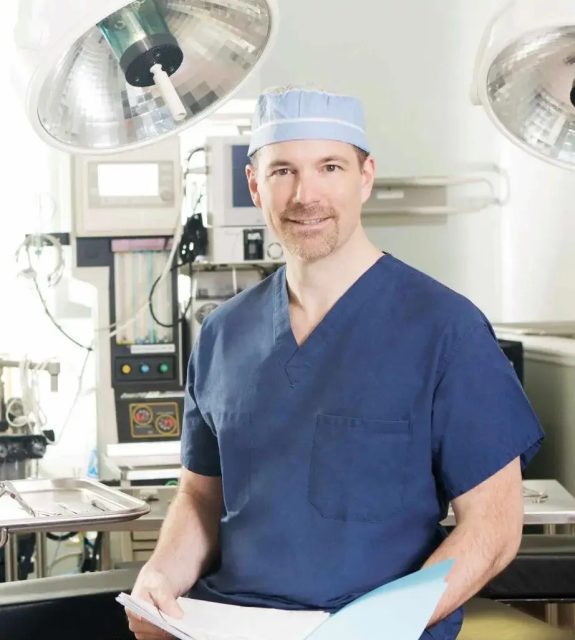Stress is an unavoidable part of modern life, and its impact on our physical health is profound. One lesser-known consequence of stress is its role in promoting bruxism—an involuntary habit of clenching or grinding the teeth. Join us as we explore the physiological mechanisms behind this behavior, the consequences of untreated bruxism, and the protective measures that can be taken to mitigate its effects.
 Photo Credit: Courtesy of Marina Demeshko/Shutterstock
Photo Credit: Courtesy of Marina Demeshko/Shutterstock
How Stress Triggers Bruxism
When the body experiences stress, it activates the sympathetic nervous system, responsible for the 'fight or flight' response. This response is designed to prepare the body for immediate physical action, whether that action is to confront or flee from a perceived threat. One of the physiological changes that occur during this response is increased muscle tension.
This muscle tension can extend to the jaw muscles, leading individuals to clench or grind their teeth subconsciously. Over time, if the stress is chronic, this clenching and grinding can become habitual, resulting in bruxism.
The Impact of Chronic Stress on Bruxism Development
Chronic stress continuously keeps the body in a heightened state of alert, causing persistent muscle tension. This ongoing tension in the jaw muscles can lead to sustained periods of teeth clenching and grinding, significantly increasing the risk of developing bruxism. The repetitive nature of this behavior can wear down the teeth and strain the jaw muscles and joints, leading to various dental and medical issues.
Consequences of Untreated Bruxism
If bruxism is left untreated, the constant pressure exerted on the teeth and jaw can have severe consequences. These include:
- Tooth Wear and Fracture: The excessive force from grinding can cause teeth to crack or fracture, leading to significant dental issues.
- Gum and Bone Loss: The pressure can affect the gums and underlying bone, potentially leading to gum recession and bone loss.
- Tooth Sensitivity: Wear on the enamel can expose the dentin, resulting in increased sensitivity to hot and cold temperatures.
- Jaw Pain and Headaches: The strain on the jaw muscles can cause persistent jaw pain, clicking, and even severe headaches.
Protective Measures Against Stress-Related Bruxism
Managing stress is the most effective way to reduce bruxism. However, given that stress reduction is often easier said than done, dental professionals recommend several protective measures:
- Occlusal Guards: Custom-made nightguards can be worn during sleep or strenuous activities to protect the teeth from grinding damage.
- Botox Injections: Administering Botox in the facial muscles can reduce their activity, thereby decreasing the force of clenching and grinding.
- Stress Management Techniques: Incorporating practices such as therapy, yoga, meditation, and acupuncture can help lower stress levels, potentially reducing the occurrence of bruxism.
Diagnosing and Assessing Bruxism
Dental professionals use several indicators to diagnose and assess the severity of bruxism. These include:
- Physical Signs: Common indicators include craze lines on enamel, abfraction lesions at the gum line, and flat occlusal surfaces.
- Symptoms: Patients may report difficulty chewing, cold sensitivity, and enamel wear exposing the dentin.
- Jaw and Facial Symptoms: Limited jaw opening, pain, clicking when opening and closing the jaw, and headaches are often associated with bruxism.
By recognizing these signs early, dental professionals can provide timely interventions to prevent further damage and alleviate the symptoms associated with bruxism.
Understanding the link between stress and bruxism is crucial for both prevention and treatment. By addressing the root causes of stress and implementing protective measures, individuals can significantly reduce the impact of bruxism on their dental health. If you suspect you are suffering from stress-related bruxism, book a consultation with Union Square Dental Practice to explore the best treatment options for you.
For more information, visit Union Square Dental Practice's social media:






















